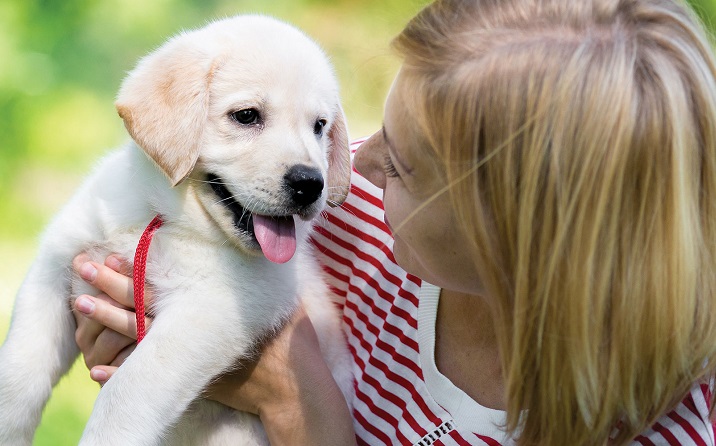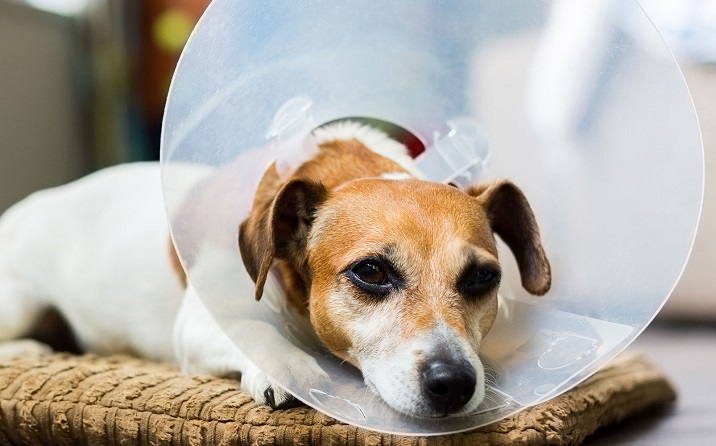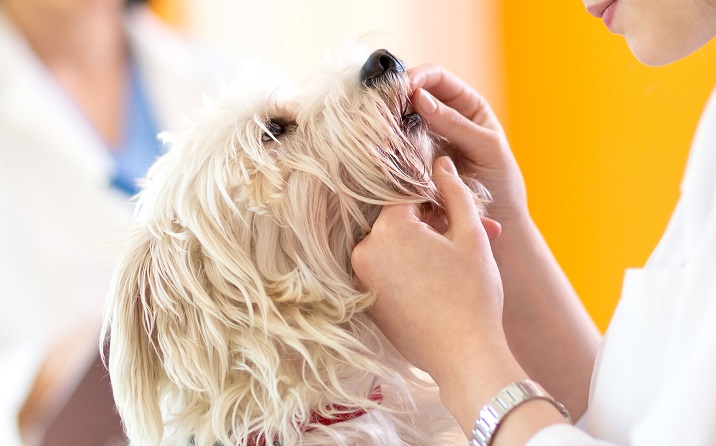Why should I vaccinate my puppy?
Vaccinations are essential in order to protect your puppy from contagious and potentially fatal diseases. Reduce the risk of contracting these diseases by ensuring your puppy is up to date with their vaccinations now.
Your puppy can be exposed to many common but preventable diseases that exist in the environment. Some of these can pass between dogs. Whilst these diseases can be successfully treated, many are very serious and potentially fatal despite the best treatment. It is necessary to build your dog’s immunity when they are young by ensuring they have and complete their vaccination program.
Vaccinations Greencross Vets offers
Core vaccines
These are crucial for all dogs in Australia to receive in order to protect them from serious, life threatening diseases.
The core vaccines are:
- canine distemper virus
- canine hepatitis
- canine parvovirus
These vaccines are commonly combined into one injection called the C3 vaccine.
Non-core vaccines
These are required where your puppy’s living conditions, including their geography, environment and lifestyle, may put them at risk of contracting other infectious diseases.
The common non-core vaccines include:
- parainfluenza virus
- bordetella bronchiseptica
The two vaccines above protect against what is called ‘canine cough’ – a contagious respiratory disease more commonly found in dogs at the park, day care facilities, and boarding kennels.
Other non-core vaccinations include leptospirosis, a bacteria that dogs get coming into contact with stagnant water exposed to infected rat urine
Puppy vaccination schedule*
*depending on the brand of vaccine used, your vet will tailor a vaccine program for your pet.
| 6-8 weeks | First vaccination | Distemper, hepatitis, and parvovirus |
| 10-12 weeks | Booster vaccination | Distemper, hepatitis, parvovirus, parainfluenza, and bordetella. |
| 14-16 weeks | Final puppy vaccination | Distemper, hepatitis, parvovirus, parainfluenza, and bordetella. Depending on the brand used, puppies may not require parainfluenza and bordetella at this age |
| Every year after | Annual boosters | Your adult dog will require yearly vaccination boosters for the rest of their life to remain immune from these diseases |
Vaccinations and socialisation
Socialising your puppy with dogs and humans from a young age is fundamental in reducing behavioural problems and ensuring they grow into a friendly adult. However, you must ensure that your puppy is fully protected from diseases before they are exposed to the wider environment.
During the puppy vaccination stage, it is best to avoid dogs parks or mixing with other dogs, especially if you’re unsure of their vaccination status. Mixing with other puppies, say in puppy school is fine as they are all at the same or similar stage of their vaccination schedules.
We recommend you introduce your puppy to new people and places 10-14 days after they completed their last vaccination. Interacting with other dogs can be tricky as there are many diseases, they can pass between them. Introduce your puppy to dogs that you know have been vaccinated, and taking care to avoid areas that unknown dogs have been in.
Only once your puppy has completed the full 14-16 week vaccination schedule, and you are certain they are protected and healthy, should you take them for walks in public parks or introduce them to other dogs. Remember that vaccines take 1-2 weeks after the final injection to fully protect your pet.
WebVet
We’re always by your side when you need us. Contact a Greencross Vet online anytime, anywhere 24/7 via video call. Learn more about WebVet.

Puppy School
Greencross Vets Puppy School is an excellent starting point for any owner wanting a well-trained and socialised pet. All vaccinated puppies 8 – 16 weeks old are eligible so enrol now!

Desexing
Having your pupping desexed (neutered or spayed) is essential to their health. All Greencross Vets facilities are completely sterile and use the latest in surgical equipment. Discuss this procedure with your vet today.

Teething
At 5-7 months old, your puppy’s adult teeth will grow in, It’s important to take them in for a dental checkup to address any problems before their teeth permanently set.
Healthy Pets Plus Membership Benefits

Vaccinations & Microchipping
- free vaccinations
(as recommended by your Greencross Vet) - free microchipping (if needed)

Parasite Prevention
- 20% discount on parasite prevention
- 20% discount on heartworm injection

Consultations
- unlimited consultations

Nutrition
- 20% discount on pet food
- nutritional counselling and weight management

 Greencross Vets
Greencross Vets 


